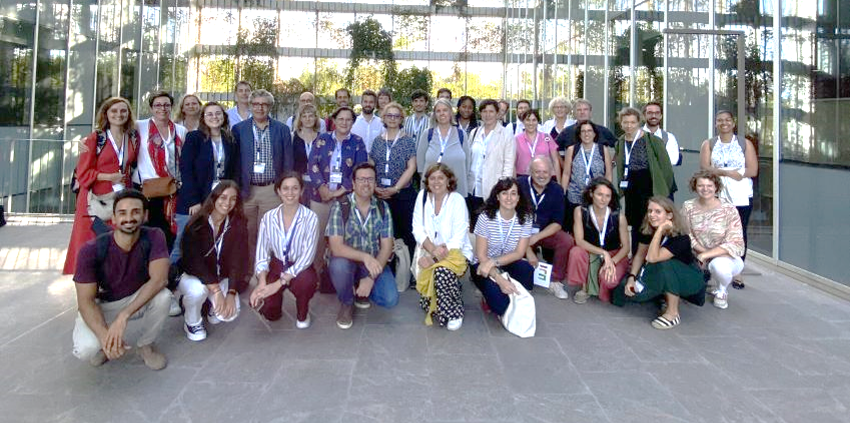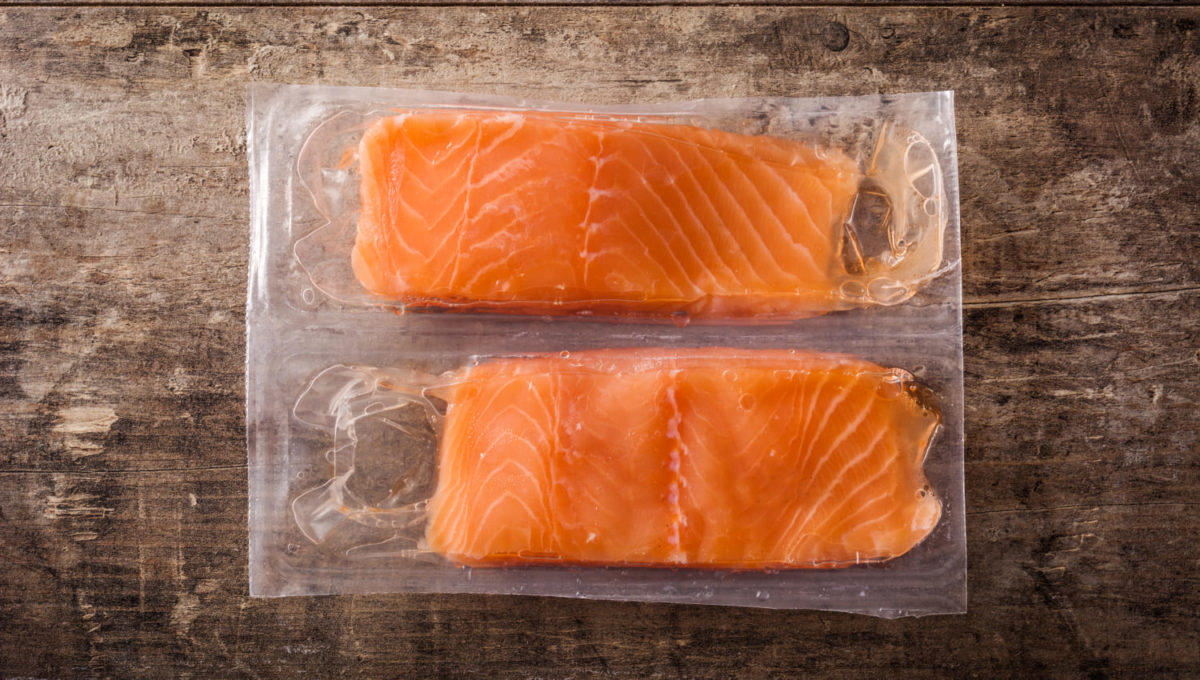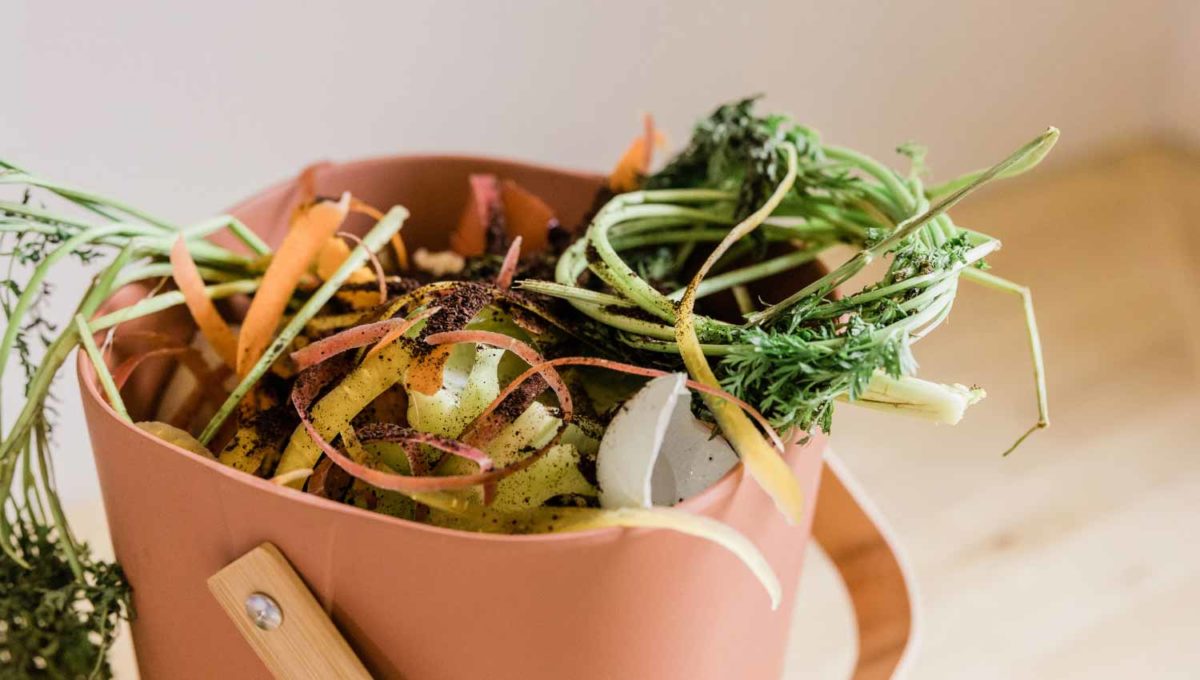ToNoWaste, working towards a new “zero food waste” mentality
- Europeo
- Desperdicio alimentario

Food waste is a serious problem: every year, some 88 million tons of food are thrown away along the food supply chain in the EU, from primary production to consumption, with associated costs of some €143 million. The associated environmental impact is also enormous: the loss and waste of food worldwide represents 8–10% of the total anthropogenic emissions of greenhouse gasses and costs around $1 billion a year, and the waste of 30% of agricultural land. The situation may be even worse, since statistics indicate that 70% of all lost or wasted food by humans may not be registered because it comes from initial production or is used as animal feed.
Concurrently, the evaluation of this problem is still unresolved, not only because it is extremely complex due to the lack of freely-accessible data and the absence of a standard methodology for an exhaustive analysis of real food systems, but also because it affects the commitment of private entities which need to evaluate the profitability and sustainability of food waste reduction and prevention in order to be able to act.

ToNoWaste is a 48-month-long project in which 21 institutions from 7 countries are collaborating to meet the sustainable food production and consumption challenge with a multi-actor and interdisciplinary focus that takes into consideration not only agronomic, economic, environmental, and business model challenges, but also other transversal aspects such as psychology, rights, and social innovation in order to also fight against social and gender inequalities.
ToNoWaste will inspire market actors to use evaluation and data tools based on science and evidence in order to make better decisions about more sustainable food production and consumption patterns. It starts with research on how to make the best decision regarding food waste actions in the fresh food value chain. It is an open innovation ecosystem designed to make the most of earlier findings to identify social, technical/environmental, economic, political/legal, ethical, and demographic drivers and to collaborate with R&D activities already in progress in order to propose integral solutions.
Jaume I University in Castelló is coordinating the 21 institutions in 7 countries that are collaborating on the ToNoWaste project.
Follow the project’s social media accounts: Twitter and LinkedIn




